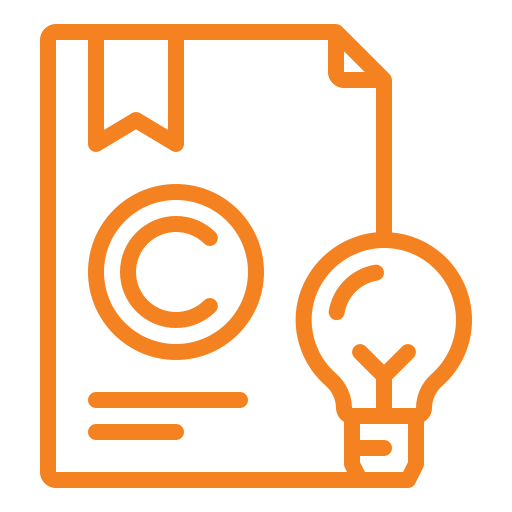In a country where Filing & Maintaining of Patents meant to be an expensive task, is now in the limelight, with government initiative that provides financial assistance to file international patents since the Centre has significantly eased the qualifying norms. A larger number of technology start-ups and small and medium enterprises could now benefit from this initiative.
Earlier, only those firms whose research and development was recognized by Department of Scientific and Industrial Research (DSIR) were eligible. Now, all start-ups, incubated anywhere in India are made eligible.
Filing of patents in the country, meant to provide ownership of intellectual property to its inventor, is an expensive and tedious process in India. A significant number of patents for intellectual property originating in the country are being filed abroad due to this reason. Simplifying the process and making it affordable has been one of the top demands of the industry. Through this policy, the government is trying to address this issue to some extent.
The second phase of the policy which is titled Support for International Patent Protection in Electronics & IT (SIP-EIT) runs for a five-year period and was introduced in December last year by the Department of Electronics and Information Technology (DeitY).
The government will now consider five applications per financial year for reimbursement from a single applicant during the scheme period of December 2014 to November 2019. Also, according to DeitY, a total of Rs 15 lakhs per invention or 50 per cent of the total expenses incurred in filing and processing of patent application up to grant, whichever is less, will be reimbursed under the scheme. This will include expenses incurred in filing and processing of foreign applications filed in respect of same invention.
Official fees including filing, examination, processing fees, attorney charges, expenses on search and cost towards translation if required will be covered by the scheme. The costs involving Patent Cooperation Treaty (PCT) application would also be part of the expenses. Similarly, expenses involved in filing applications directly in other countries (not through the PCT route) will be covered under the scheme. However, costs incurred after the grant of patent will not be reimbursed.













